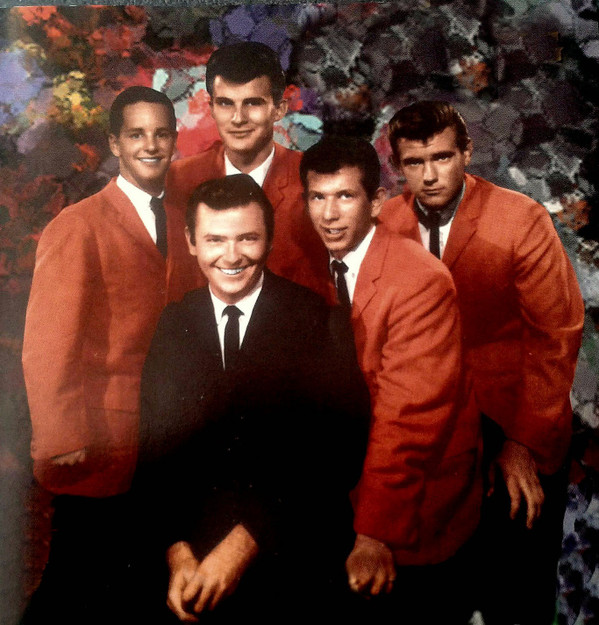The Starfires (10)
Настоящее имя: The Starfires (10)
Об исполнителе:
US group from Cleveland, OH, associated to Tom King (7). Later became The Outsiders (4). The Starfires' roots go back to Shaw High School in 1958, where 15-year-old guitarist/singer Tom King brought Walter Nims (lead guitar), Howard Blank (drums), Dennis Slifko (saxophone), and Mert Madsen together. With King as their leader and his uncle, Patrick Connelly, recording the group for his own small Pama Records label and getting them radio auditions, they soon began to make a serious noise in the city. The appeared on Bob January's Pink Cloud radio show and numerous other broadcast venues, which eventually led to work in local bars -- they initially played too fast, according to Mark Speck's annotation on their only CD release, but once they slowed down, the dance and discotheque crowd took to them easily; their stage repertoire was mostly instrumental, and although their influences ranged from Duane Eddy to Bobby "Blue" Bland, they favored emulating the music of James Brown's band, with King handling the occasional vocal chores. They cut a dozen singles for Pama over a period of five years, ranging from the Eddy-style "Chartreuse Caboose" to King's attempt at a slow rock & roll ballad -- somewhere between Ricky Nelson and Gene Vincent in a softer moment -- on "Please Don't Leave Me." Their most representative sides, however, were the jams that showed off a "dirty" instrumental sound similar to that of the early incarnation of Paul Revere & the Raiders. The group only had one record that nudged the charts locally, "Stronger Than Dirt," but they worked constantly, often six nights a week at various bars in the Cleveland area, playing up to five sets a night. There were a few membership changes in the early '60s -- Dennis Slifko was succeeded by Tony Sawyer on sax. Then, Howard Blank left and was succeeded by one of Sawyer's old bandmates, Jimmy Fox, who was scarcely beyond his mid-teens; ironically, Fox had been a total jazz devotee, and was mostly lured to the Starfires gig by the promise of decent money for the time -- as much as 17 dollars a night -- but he took to the group's sound and became a top rock drummer. The group continued to thrive locally, earning enough money to keep everyone happy and financially solvent, if not making them rich; by the end of 1964, however, audience tastes began changing in the wake of the British Invasion -- suddenly, the instrumentals favored by the Starfires were considered old hat. The group had to add more vocal numbers to their repertoire, and this need arose just at the point where King's singing voice had been damaged by a tonsillectomy. The Starfires rebuilt, adding Sonny Geraci, a new lead singer, and replacing Fox, who had left for college, with Ronnie Harkai. The new group coalesced around King, Geraci, and Mert Madsen. They were still called the Starfires, but when they signed to Capitol Records, the band was ordered to come up with a new name; the fact that they had signed with Capitol offended King's uncle enough to lead to an argument in which he accused King of being an "outsider" to the family, and thus spawned their new name: The Outsiders (4).
Альтернативные названия:
Участники группы:
Вариации названий:
The Outsiders (4)
The Detroit Shakers (2)
